Water resources
-
Melanie Bituro Masesa
-
27 January 2024
1,811
499
Assessment of Conflicts in Water Resources Management of Tobora Sub-catchment in Mara River Basin, Tanzania.
DOI:
https://doi.org/10.56542/wi.jwempo.v1.i1.a3.2024
Download / view PDF
Keywords:
Water Conflicts, Water Uses, Water Resources Management, Tobora Sub-catchment,
Abstract
Water resources are essential for both human livelihood and environmental services. Demand for the resources has led to increasing water conflicts because of how water is managed and governed. Many developing countries like Tanzania experience conflicts based on competing water uses. This paper examines conflicts on various competing water uses in Tobora Sub-catchment of Mara River Basin in Tanzania. It analyses factors that contribute to water conflicts among water users. It further highlights conflicts resolution and mitigation measures that the basin can adopt for proper water management. The study used explanatory and descriptive research design using mixed methods approaches. Different types of data were collected using focused group discussions, household interviews and key informants interviews. Majority of the respondents mentioned water conflicts to be mainly caused by land scarcity associated with population growth and increased competing water uses among various water users. Additionally, conflicts were linked to politics whereby politicians allowed water users to conduct economic activities 60m within water sources, which contradicts the water policy. Conflicts between farmers and herders were more evident due to competing water uses for irrigation and livestock keeping. Water conflicts were resolved through by-laws and laws adherence, mediation, resource use guidelines, public awareness campaigns, land use plans to demarcate farming and grazing land, legal land ownership rights and customary laws.
